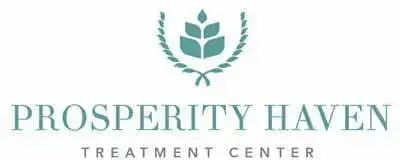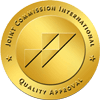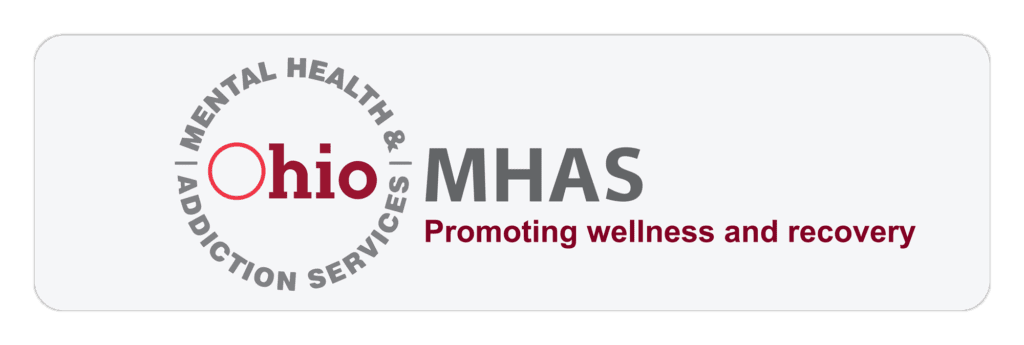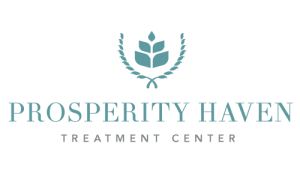When looking for a suitable rehabilitation treatment program for yourself or a loved one, it is essential to have an understanding of the treatment programs available to you. There are various levels of services, which cater to different financial ranges and factors.
The ideal treatment program is also determined by the extent of your addiction or mental health condition. Different programs are most suitable for various levels of addiction, specific to the given patient and their unique treatment needs for multimodal care throughout the rehabilitation process.
For this reason, we seek to break down the general differences between the top two most effective recovery models – inpatient treatment and residential treatment. And although both are effective treatment options, each program is slightly unique in its own way with regard to its design, as well as the benefits that accrue to its patients.
Both programs are committed to rehabilitating patients suffering from addiction and/or mental health disorders. Both programs are effective treatment options for patients who need medically-assisted detoxification services. Both are ideal for patients who have a higher risk of relapse; owing to negative influences and lacking a strong support system serve as an impediment for paving the path to long-term sobriety.
Similar as they are, however, suffice to say, residential treatment is the more intensive and complete option and approach to addiction recovery. As a patient, your treatment experience will be essential for your recovery outcome, considering your higher needs for round-the-clock care, direct access to medical professionals, specialized therapies, and more.
Inpatient Treatment Programs
Inpatient treatment puts more emphasis on medical intervention, the immediate crisis of detoxification and stabilization of the patient. Typically, inpatient programs are perceived to be more of a short-term treatment method, which works to correct the symptoms of addiction within a 1-3 month period of time, rather than fully addressing the underlying causes and issues.
Inpatient treatment settings may be accommodated in hospitals, while some operate as autonomous facilities. Despite this, most of these facilities tend to be closed up, disallowing patients from leaving the facility. Patients in an inpatient setting are exposed to a limited range of activities that can only be done within the confines of the unit. Given the risks often involved, patients are usually provided with 24-hour medical care and supervision.
On the other hand, some have some spaces reserved for the activities that are incorporated in the program, but in many cases engaging patients in these outdoor activities might not be a priority
Residential Treatment Programs
Generally, the cost of residential treatment tends to cost more than inpatient treatment, mostly because of the extra amenities and therapies provided. In residential treatment, the program extends its focus to multimodal interventions by working patients through various therapeutic processes, such as cognitive behavioral therapy (CBT), to address the underlying causes of addiction. These programs also incorporate sub-acute detoxification for patients who are still experiencing lingering and persistent cravings, but do not exhibit any withdrawal symptoms.
Thus, residential treatment programs put more emphasis relatively on long-term sobriety compared to inpatient treatment. This includes introducing and implementing more activities in the rehabilitation process which are essential to recovery. Activities that help patients build and bond strong support teams, discover a sense of meaning and purpose, and other life skills essential for addiction recovery success.
Residential programs provide a more real life, home-like environment with all levels of comfort that help facilitate a calm, inviting space of recovery. Furthermore, they tend to be more open to roam, and typically allows patients to occasionally leave facility grounds under the supervision of staff and/or family.
Residential Inpatient Addiction Treatment Program
Differences that may exist between Residential and Inpatient addiction treatment programs not-withstanding, it is very common for people to use these terms interchangeably. Many if not most people consider Residential and Inpatient treatment to be the same thing, ignoring the possible slight and nuanced differences. It is also very common to refer to Residential treatment as Residential Inpatient treatment.
Terms that may add to the confusion, are programs described as Inpatient Detox treatment, usually meaning a multiple day stay at an overnight and continuous detox and withdrawal program. But this program would not include necessary addiction therapies, mental health treatment, or long-term addiction recovery care.
Also common are “Inpatient” programs which are essentially Partial Hospitalization Programs (PHP) -a lower level of addiction treatment care geared to those who can’t find time or resources to dedicate themselves to a thorough and comprehensive recovery process, and would rather try to use a partial inpatient process to help them as they work to fight addiction while continuing much of their daily life in their regular environment. This program is also often used as a step down for people ready physically and emotionally to move on from the intensive residential inpatient level of care, and now require a less intensive but still somewhat multi pronged program.
FINDING PEACE AND FULL ADDICTION RECOVERY AT PROSPERITY HAVEN OHIO
When you’re looking for n residential inpatient addiction treatment center in the Northeast Ohio and Western PA area, Prosperity Haven offers a completely unique opportunity. We provide clients an escape from the distractions of everyday life, offer them a peaceful environment ideal for healing and growth, and treat each client on an individual level to address the specific challenges they face in recovery.
Furthermore, when you come to Prosperity Haven, you’ll feel like you belong here, you’ll know that you’re our priority, and you’ll be confident that you have a group of people who have your back. Once you’re ready to take the first step, we’ll be here to support you the rest of the way.







